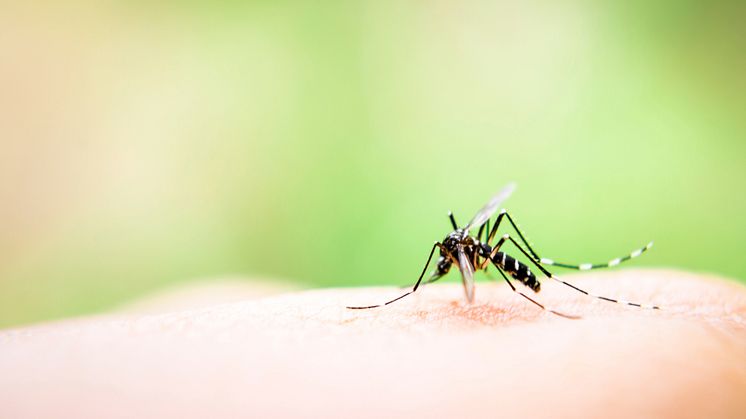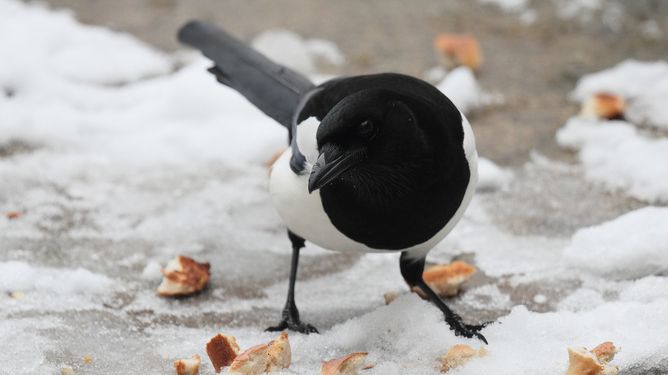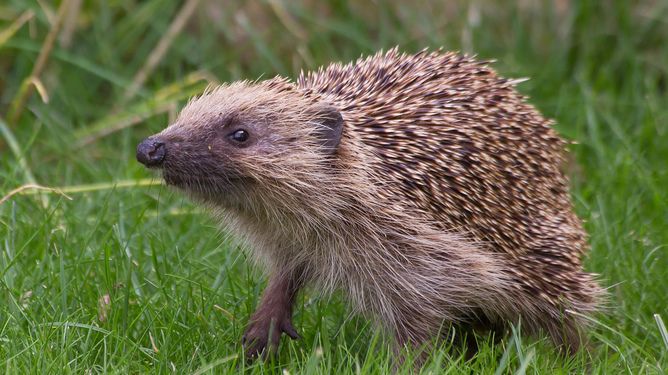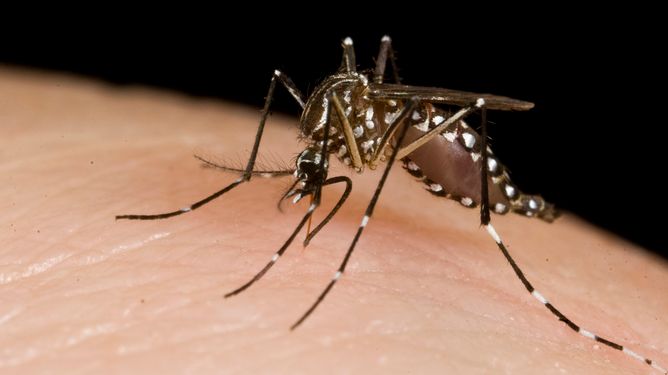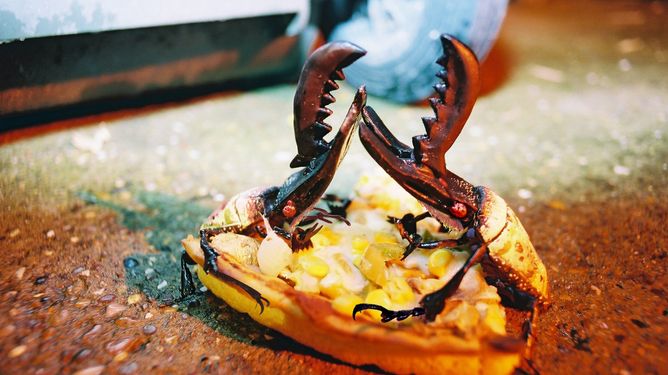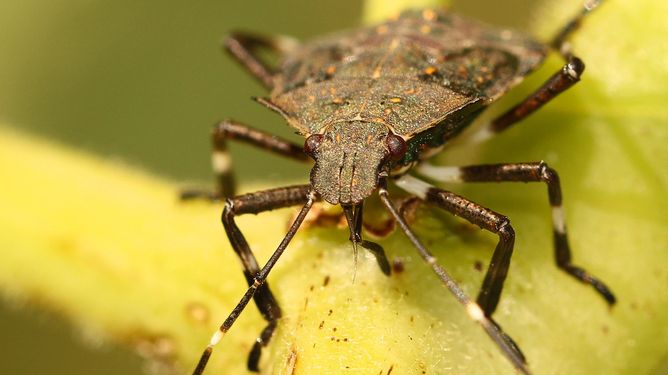Press release -
EXPERT COMMENT: Filthy rich? Insects prefer to live in wealthier houses research says
Mike Jeffries, Teaching Fellow in Ecology at Northumbria, writes about households becoming biodiversity hotspots for The Conversation.
Wealthy households may be becoming biodiversity hotspots thanks to an ecological phenomenon known as the “luxury effect”, which boosts species diversity in richer areas. A recent US study showed a striking correlation between the number of different invertebrates found inside urban houses and the affluence of the surrounding area and household income.
Filthy rich you might ask? Not at all, this increased diversity isn’t thanks to pests such as cockroaches that are traditionally associated with poverty but instead to outdoor species that seem to have taken a liking to the leafier suburbs and then moved indoors.
The research focused on the town of Raleigh in North Carolina. The team of ecologists collected all the types of invertebrates they could find from 50 homes using “active searching and hand collecting”. (The ethics clearance necessary to rummage under residents’ beds and in their underwear drawers must be worth reading).
In addition to the handfuls of bugs, the researchers captured environmental and economic data to explore the relationships between the richness of insects and household budgets. The best predictions of indoor bug diversity came from statistical models that not only included local plant diversity or overall house size but also neighbourhood income: the richer the area, the more critters, especially where gardens lacked plants.
The increasing numbers of invertebrates they found were made up of typical outdoor suburban inhabitants such as beetles, spiders and ants, rather than just the familiars of poverty such as fleas or cockroaches. Evidently, economic and social exclusion works just as well for insects as for us. The ecologists identified at least 579 species in total with anywhere between 32 and 211 different species per household.
There was one particular caveat, however: participation in the study was voluntary and biased towards higher income houses. A nasty infestation by a poverty indicator like cockroaches might not be something you want your neighbours to know about.
There has always been a powerful association between pest-free cleanliness and respectability. That you could eat your dinner off of someone’s floor was always one of my grandmother’s deepest compliments and it sounds like this is still perfectly possible in Raleigh. It’s not clear how residents felt about their mini-beast lodgers but I suspect some social climbing could be done at the drop of a rare or exotic arthropod Latin name. A home from home for a few Anthocoridae (“minute pirate bugs”, according to the taxa list) sounds quite exotic, but I’d avoid mentioning you have a touch of the Rhinatermatidae, unless you want local house prices to fall.
There were some real rarities too, notably Berothidae larvae, or beaded lacewings as these flying insects are charmingly known. Sadly they are associated with termites, who they kill with airborne chemicals, so maybe best not mentioned after all. There could even be a market for a Rentokil-in-reverse, as species associated with affluence are released to gentrify the neighbourhood.
The luxury effect was first characterised for urban plants, essentially suggesting that bigger gardens and disposable income resulted in more diverse species of plants. The variation of Raleigh’s indoor invertebrates is credited primarily to a cascade effect in which increased greenery means more outdoor diversity, some of which finds its way indoors.
The same effect also works for birds, bats and lizards, and there are echoes here of the classic ecological phenomenon of island biogeography theory: the bigger the area, the more species you find.
In this case the greater the area of green planting the more species end up inside. The diversity of planting even fits one of the explanations for increasing species richness with area, namely that larger areas have more habitats and can therefore provide a home for more species. Neighbourhood incomes barely reached US$200,000 in Raleigh, so evidently data need extending into richer habitats. A spot of active searching and hand collecting in the mansions of the super-elite sounds essential.
This article was originally published in The Conversation. Read the original article.
Topics
Categories
Northumbria is a research-rich, business-focused, professional university with a global reputation for academic excellence. To find out more about our courses go to www.northumbria.ac.uk
If you have a media enquiry please contact our Media and Communications team at media.communications@northumbria.ac.uk or call 0191 227 4571.








